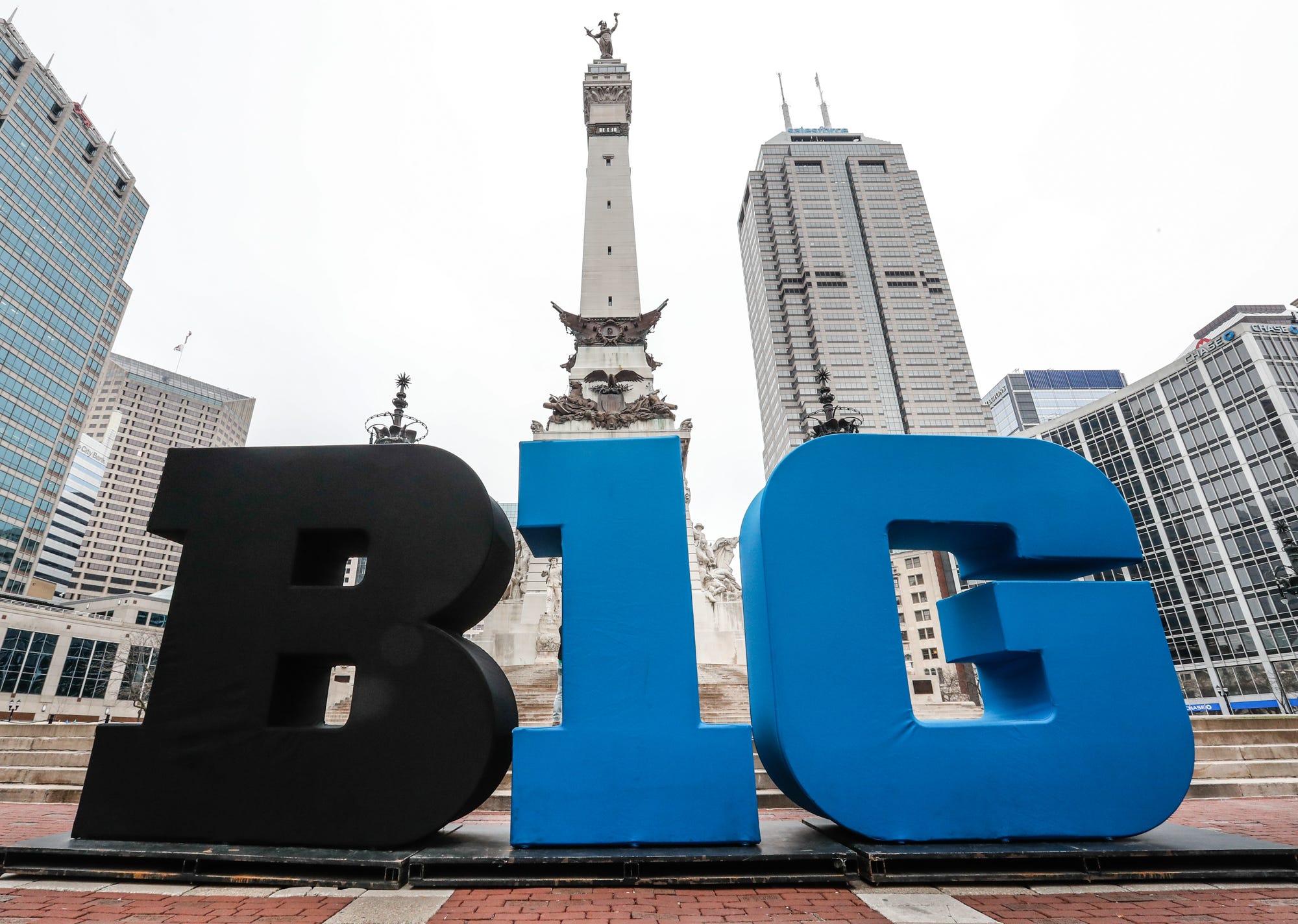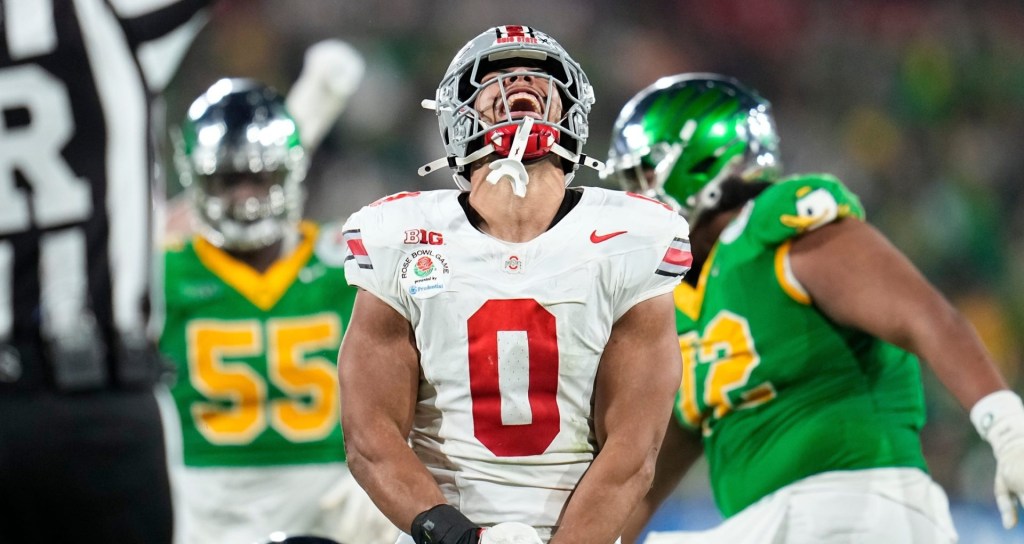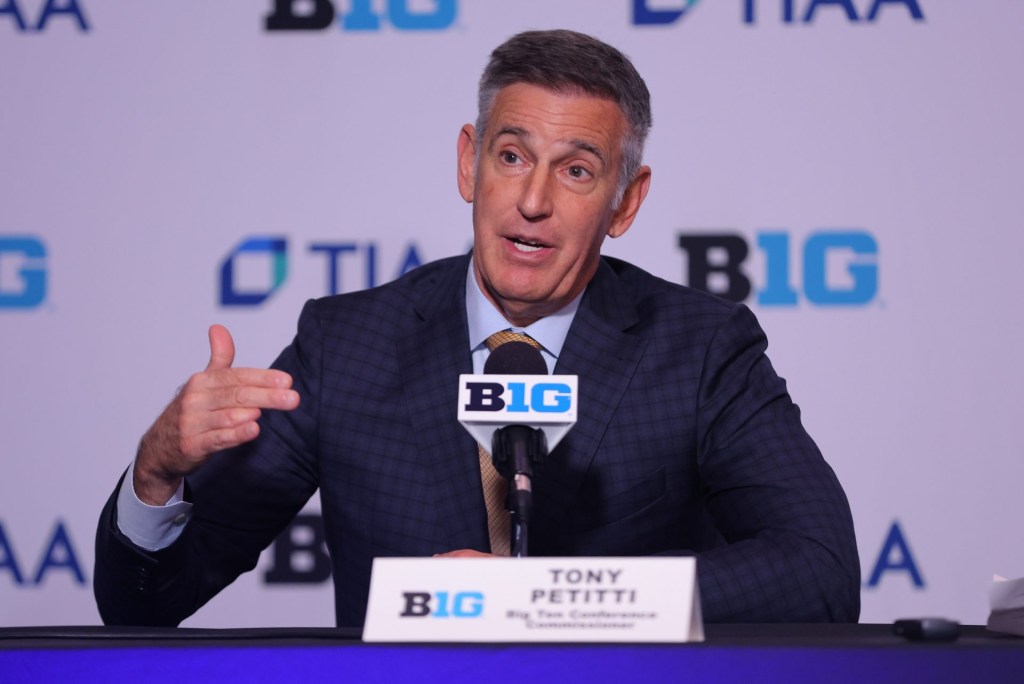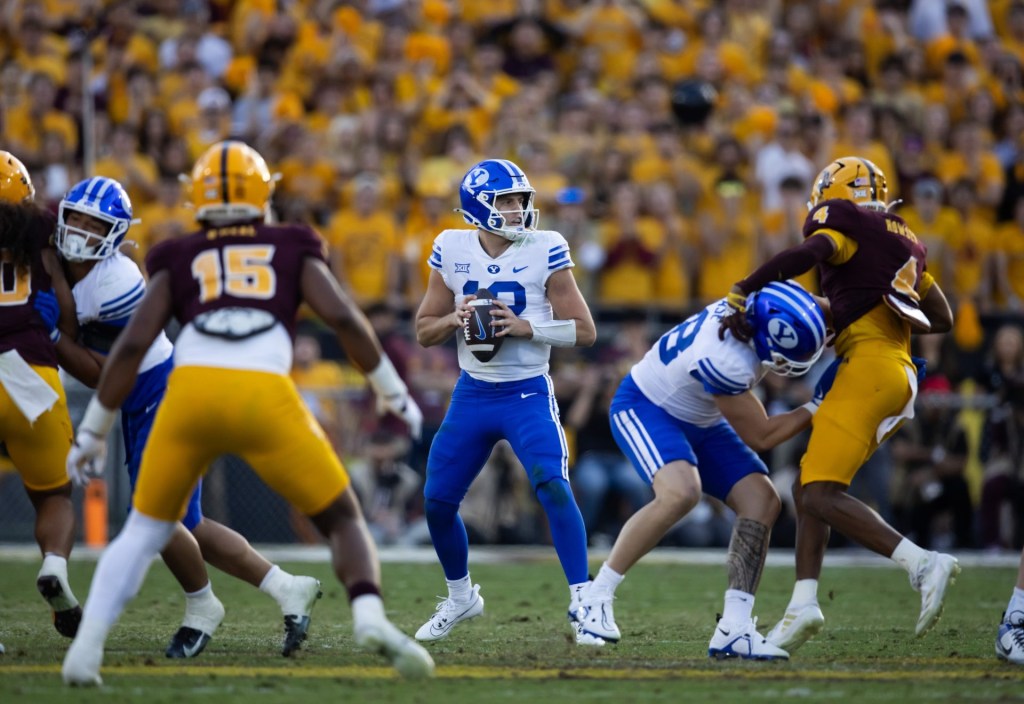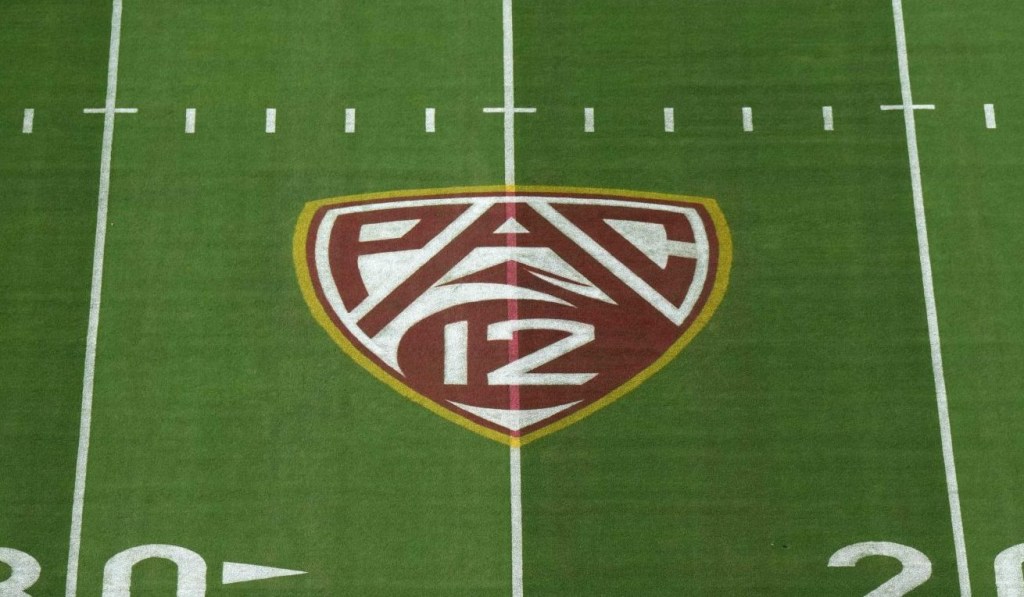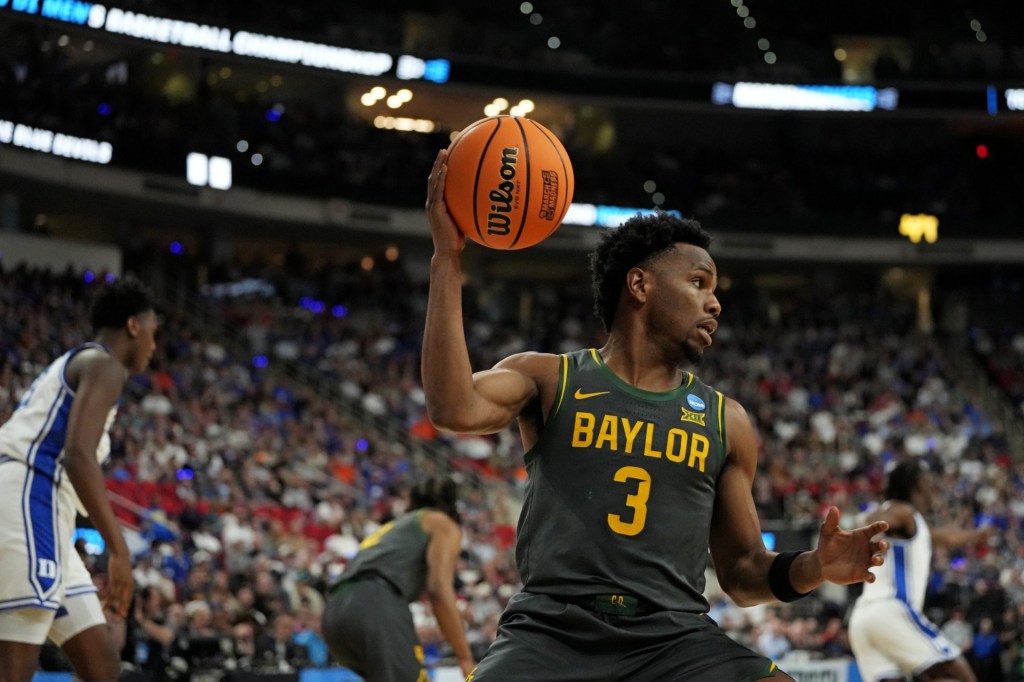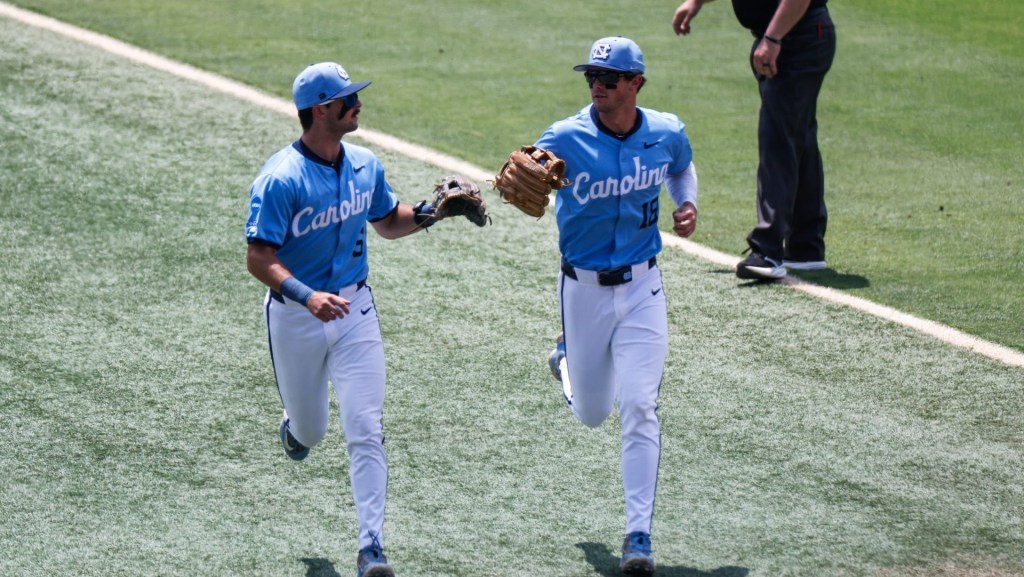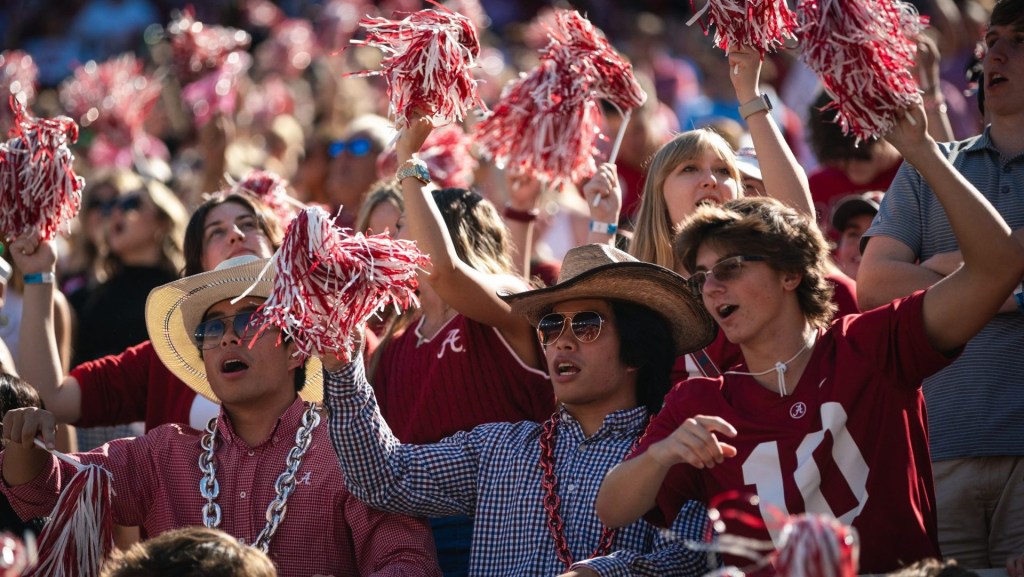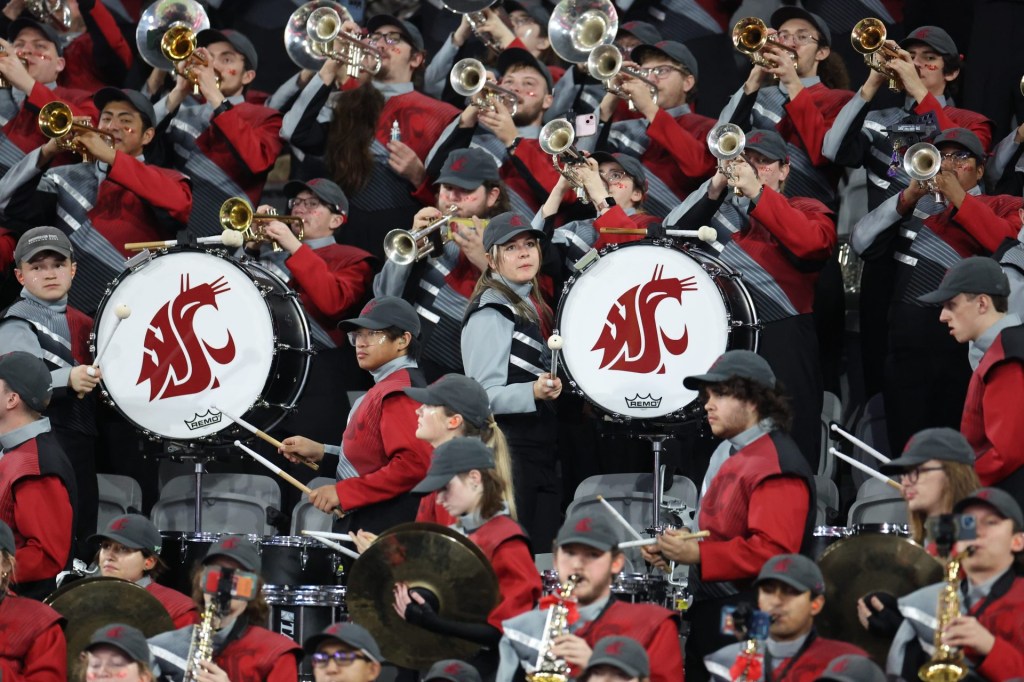The Big Ten will resume its football season Oct. 23-24 after postponing play due to the coronavirus pandemic, the conference announced on Sept. 16. The conference’s Council of Presidents and Chancellors voted unanimously, the announcement said.
The Big Ten had originally postponed its season on Aug. 11 due to concerns regarding myocarditis and lack of testing, University of Wisconsin-Madison Chancellor Rebecca Blank said during a Senate hearing on Sept. 15. Those concerns have been mitigated by new testing protocols, the announcement said.
“It wasn’t about political pressure. It wasn’t about money. It wasn’t about lawsuits. It wasn’t about what everyone else was doing,” said Northwestern President Morton Schapiro during a press conference following the announcement. Instead, the decision was based on information presented to the presidents and chancellors in the past week, and the establishment of new safety protocols.
The season will consist of each team playing eight regular season games, Wisconsin Athletic Director Barry Alvarez said during a press conference. Each team will then play a ninth “championship” game, in which each seed from the both regions will go head to head. For example, the one seeds for both divisions will play each other, the two seeds, and so on.
The schedule will consist of nine games in nine weeks, a feat that Dr. James Borchers, the Ohio State football head physician, said he believes is possible with the existing safety protocols.
“We wanted to make the season meaningful,” especially for athletes trying to decide whether they should opt-out, Alvarez said.
There will be no public ticket sales for any Big Ten football games, Penn State athletic director Sandy Barbour said, though the conference is discussing ways to allow family members of athletes and staff into the stands.
The Big Ten’s new safety protocols include daily rapid tests and cardiac screening for myocarditis and other COVID-19-induced cardiac health complications. Athletes who test positive with an antigen test will then receive a PCR test — considered a slower but more accurate test — to confirm their result.
Commissioner Kevin Warren said the burden of the cost for testing will fall on the conference, and did not say which companies the conference had partnered with.
Before returning to the field, all athletes who have tested positive for COVID-19 will receive cardiac examinations and must be cleared by a cardiologist. Athletes who have tested positive for COVID-19 will not be allowed to return to practice for a minimum of 21 days, the conference’s guidelines state.
Each institution will designate a “Chief Infection Officer” to “oversee the collection and reporting of data.” The data will then be used by the conference to determine “the continuation of practice and competition.”
If more than 5% of the team or more than 7.5% of the total population tests positive, practice and competition will halt for a minimum of seven days.
The Big Ten institutions will also create a “cardiac registry” that will track the impact of COVID-19 on college athletes.
This rapid testing plan is similar to that of the Pac-12. However, the Pac-12 is the only Power Five conference that has yet to announce its specific plans for returning to play.
Commissioner Larry Scott released a statement in the wake of the Big Ten’s decision noting that California and Oregon Pac-12 schools still do not have approval from local and state officials to start “contact practice.” The Pac-12 is also monitoring the dismal air quality in its region due to rampant wildfires, but is “eager” to figure out a way to return to play.
Experts haven’t had much time to conduct research exploring the link between myocarditis and COVID-19, though a report came out last week stating that of 26 Ohio State athletes who had tested positive for COVID-19, four appeared to have myocarditis. Two of the four had asymptomatic cases of COVID-19.
Decisions regarding the resumption of other fall sports will be released “shortly,” the announcement says, though Warren said during a press conference that all fall sports will have access to daily rapid antigen testing. Warren said the conference began with the plan for football’s return to play because of the “number” of athletes involved.
The decision comes shortly after Big Ten schools Maryland, Wisconsin and Iowa recently had to pause workouts due to positive COVID-19 test results, and amid a month in which the conference has been lambasted by players, coaches, athletic directors and even politicians for both their decision to postpone and their alleged lack of transparency surrounding the postponement.
“Our goal has always been to return to competition so all student-athletes can realize their dream of competing in the sports they love,” Big Ten Commissioner Kevin Warren said in Sept. 16 announcement.
As recently as Sept. 10, Ohio State head coach Ryan Day had released a statement disparaging the Big Tens’ handling of the postponement, calling the decision “disappointing” and “often unclear.” “Our players want to know, why can’t they play?” the statement read.
Penn State head coach James Franklin also expressed his frustration with the “process” and “timing” of the decision in an interview with ESPN Radio on Sept. 10.
Other coaches had previously echoed their thoughts. But after the announcement, coaches expressed their exuberance with the decision to return to play. “Stay positive. Test negative. Let’s play football,” read Michigan head coach Jim Harbaugh’s statement regarding Big Ten football’s return.
Among other detractors of the original decision to postpone were Nebraska football players, eight of whom filed a lawsuit against the Big Ten; Big Ten parents, who protested at the conferences’ headquarters in August; the Nebraska and Ohio state attorneys general; local Republican politicians; and even U.S. President Donald Trump.
After the announcement to resume, however, President Trump tweeted his delight that the Big Ten was returning, and the Nebraska football players announced they were advising their lawyers to drop the lawsuit.
As recently as Sept. 10, Rutgers president Jonathan Holloway firmly stood by the Big Ten’s decision to postpone in an interview with NJ.com, saying, “If I’m wrong because I was erring on the side of safety, I don’t have a problem with that.” Schapiro echoed during the Sept. 16 press conference that even in the week leading up to the decision to restart, not all presidents were convinced it would be safe to do so.
Unlike the Pac-12, the Big Ten released neither their vote count nor a detailed explanation of their reasoning for postponing the season immediately. On Aug. 19, Commissioner Kevin Warren penned an open letter that pointed to a few concerns the conference held, including the long-term impact of COVID-19 on players’ health. But the Big Ten vote count, 11-3, only came out during the Nebraska football players’ lawsuit. Multiple reports have cited Ohio State, Nebraska and Iowa as the three schools who opposed the decision.
Before the vote count was revealed, however, a couple Big Ten presidents cast doubt on whether an official vote took place at all. Minnesota President Joan Gabel said the group “didn’t vote per se,” and during the Senate committee hearing, University of Wisconsin-Madison Chancellor Blank also said that the group “rarely” takes a formal vote, making decisions through a “consensus.”
